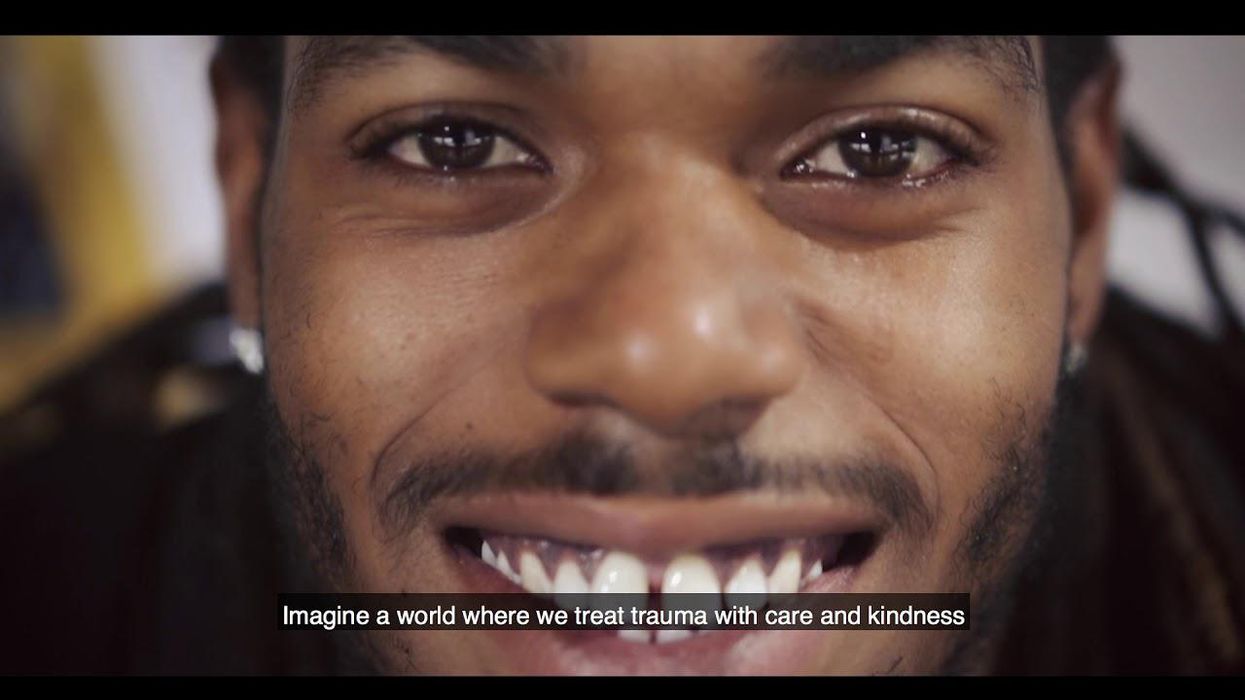Individuals and organizations invested millions of dollars to turn out the youth vote in the 2020 elections. Youth civic engagement groups saw their budgets double and even triple. The results of this investment in the energy, innovation and vision of young leaders were stunning: 50 percent of young people (ages 18-29) voted in the 2020 presidential election — an 11-point increase from 2016, according to the Center for Information and Research on Civic Learning and Engagement at Tufts University. The old stereotypes — young people don't vote, don't bother contacting them — were finally put to rest.
The record-shattering results of 2020 beg the question: What if local youth organizations had million-dollar budgets every year, not just in presidential election years? What if those funds were committed before the kickoff of the new year? While there has been a great deal of talk in the funding community about resourcing youth civic engagement year-round, 2021 fundraising is off to a very slow start for 501(c)(3) activities, and even slower for advocacy and political organizing in 501(c)(4) groups.
Funders often view young people solely as voters to be activated in election years, especially presidential election years. Without the need to get out the vote, they may not see a compelling reason to invest in young people's civic organizations. This is a mistake. Voting is one tool, and a powerful one, but it exists alongside all the other tools that young people use to flex the muscle of democracy: from protesting in the streets to creating art that tells their stories to testifying in city council chambers and state houses, to name only a few.
Building political power is a continuous process that goes beyond voting and elections. In off-years, young organizers have been getting the police out of public schools in Milwaukee, defeating an anti-transgender bill in Montana, and passing legislation to protect student loan borrowers in Colorado. Every non-electoral victory that young organizers achieve keeps young people engaged in their local communities and is a proof point of why voting matters. With support, young organizers can build the skills and relationships they need to bring their peers to the polls, when the time comes.
As we end the second quarter of 2021, we are falling behind. For example, Wisconsin has a tight Senate race next year, but money is not flowing into Wisconsin like it needs to. Montana now has a second House seat, but the state isn't yet on funders' radar screens. Young people in New Hampshire defeated voter suppression legislation that would have hobbled the youth vote, just in time for what will be a close Senate race next year, but they did so without robust financial support.
In the southern states, young bad-ass organizers are doing the work, but not yet attracting the attention of funders. Although funding for civic engagement from national donors started to arrive in Texas a few years ago, it is a big state with big needs. Black youth in Mississippi are working hard to transform their communities, and so much is possible if funders would invest in the state with at least a 10-year vision, as was done in Georgia.
If youth civic engagement organizations were adequately resourced, executive directors would have room to innovate and carry out big ideas. As only one example, in 2018 through the Midwest Culture Lab, three groups in our network experimented with training local rappers, DJs and other artists as "cultural organizers" to provide political education to their fans and followers. Now this is common.
The power isn't just in the field, knocking on doors. It is investing in communications to tell the story of what's happening on the ground, collecting data from every interaction to track what is working and what is engaging young people, and creating infrastructure so that the organization is healthy and sustainable. Higher and dependable salaries would enable organizers and other staff to stay in their jobs long enough to apply what they've learned in one election cycle to the next and, ideally, continue to create safe and loving communities over a lifetime.
Youth organizers are to thank for the 50 percent turnout rate among young people, although it is not nearly high enough. Millennials and Generation Z — who now make up the largest voting bloc and whose values of community and care are staying remarkably consistent as we age — are at the center of a vision for a new, multi-racial democracy. We are fighting for, and have the most to gain from, policies that will address systemic racism, curb climate change, extend health care to everyone, and help families become financially free to achieve their goals, including college without crushing debt.
For some funders, the driving motivation is simply turning out voters, but just imagine what could be accomplished if they thought beyond the ballot box. Grant makers who want to see real change should commit to long-term sustained investment in the youth sector. Young people — with their joy, optimism, and innovation — will take it from there.



















